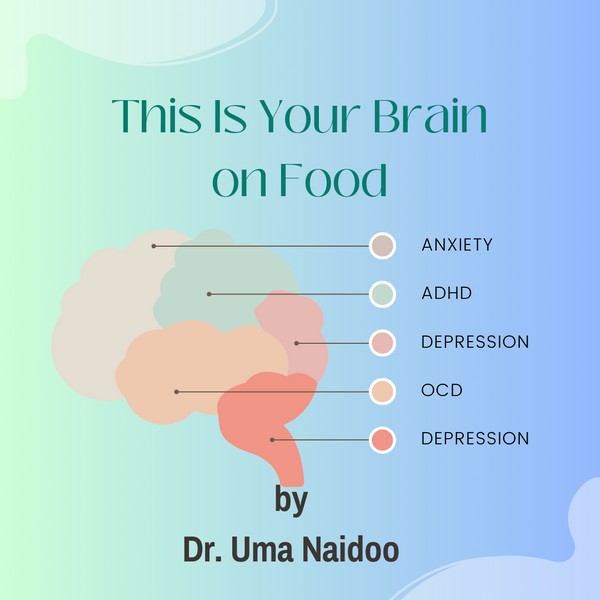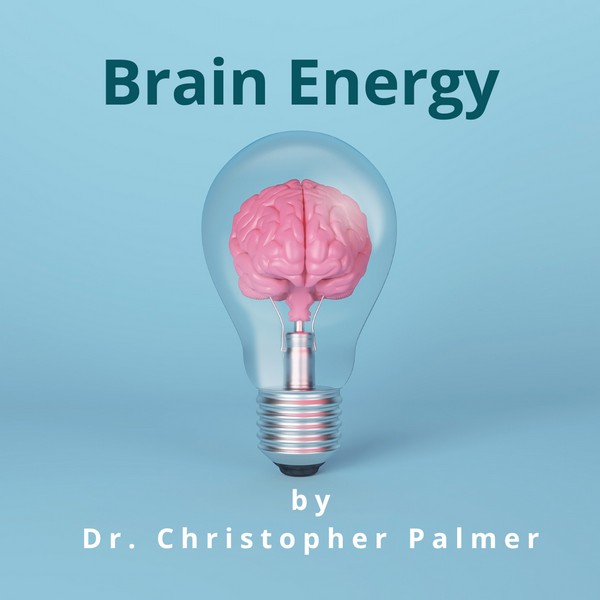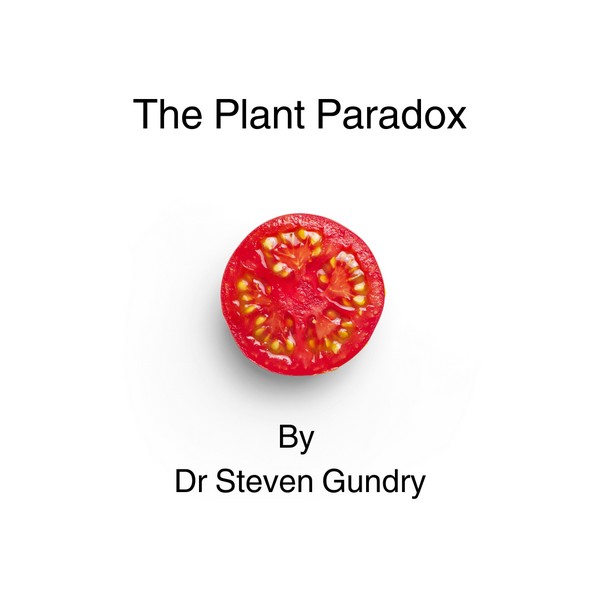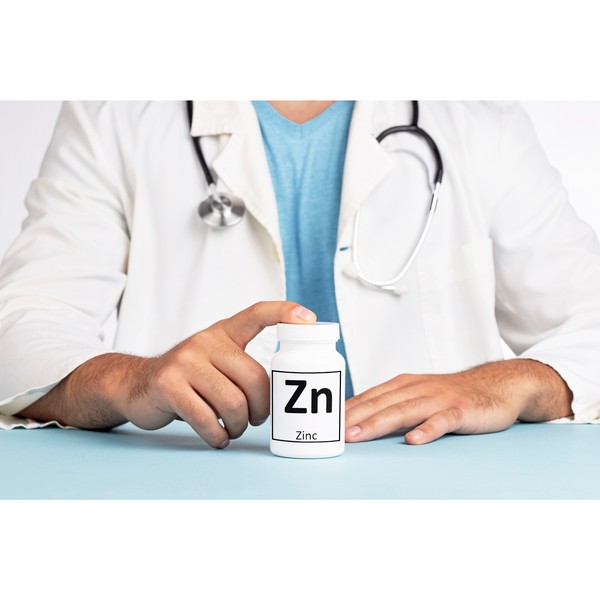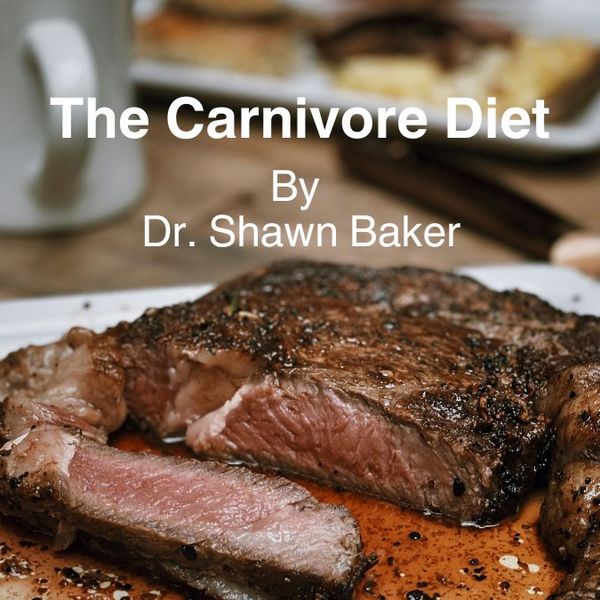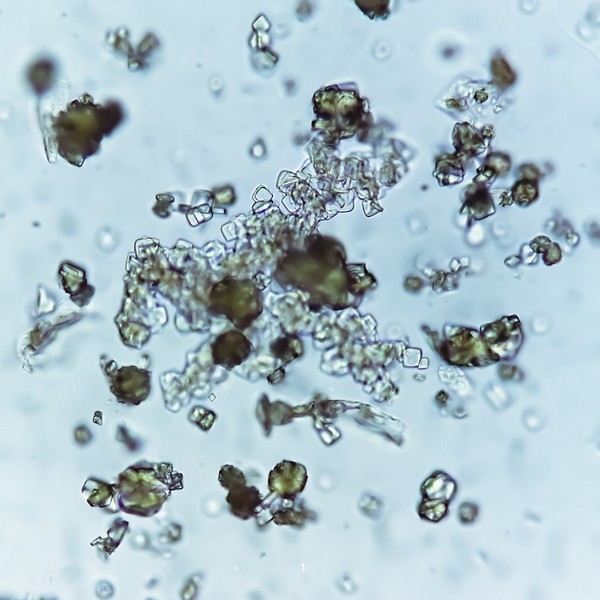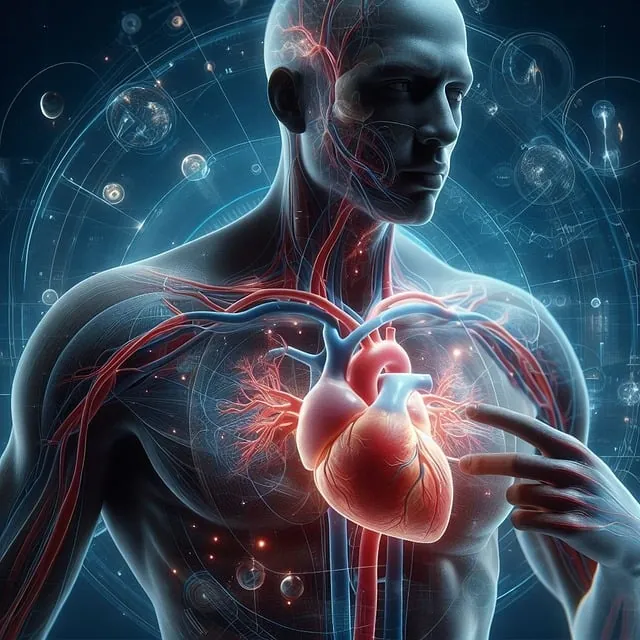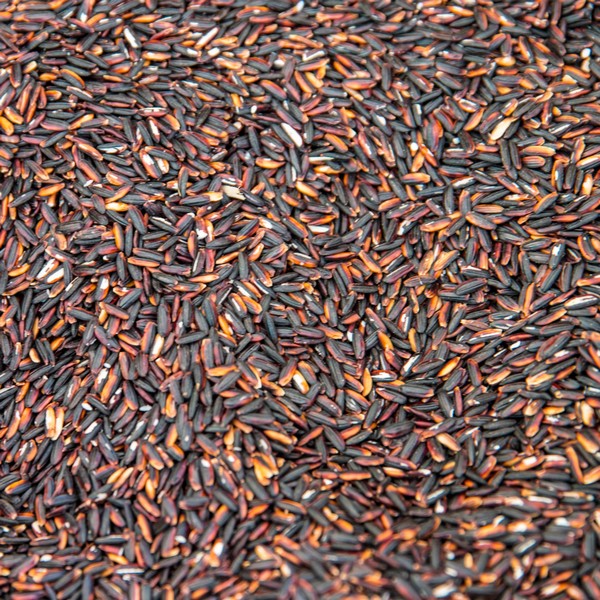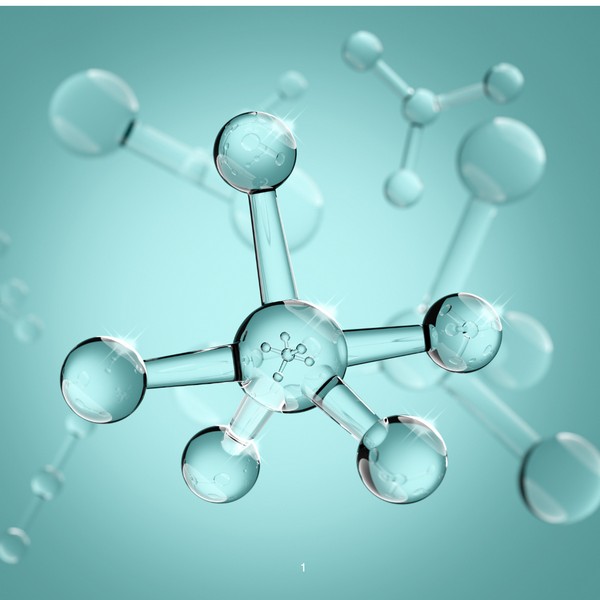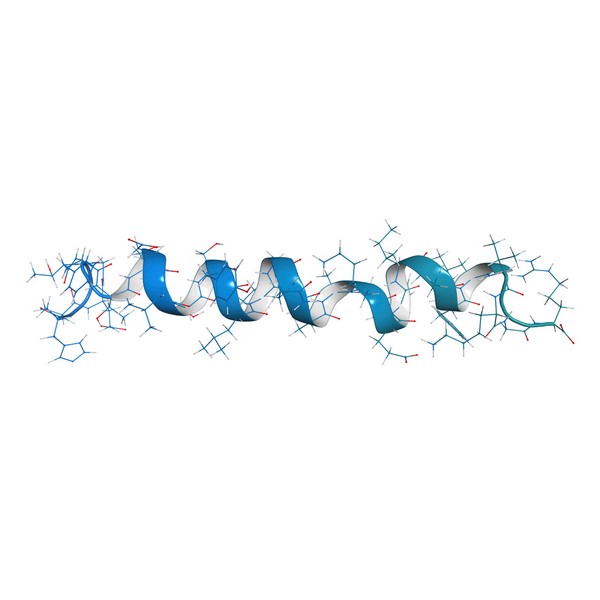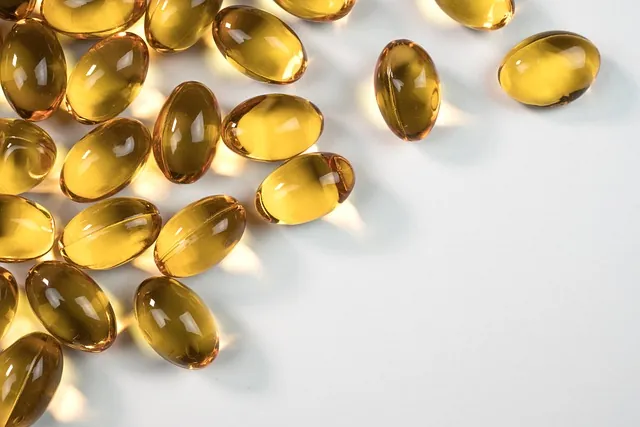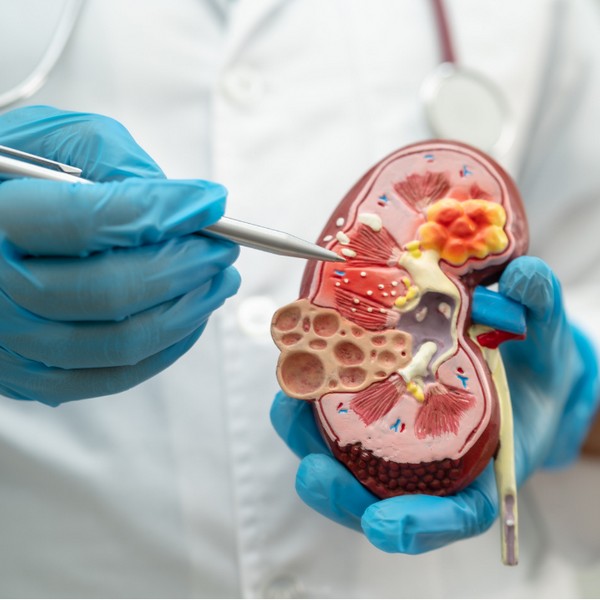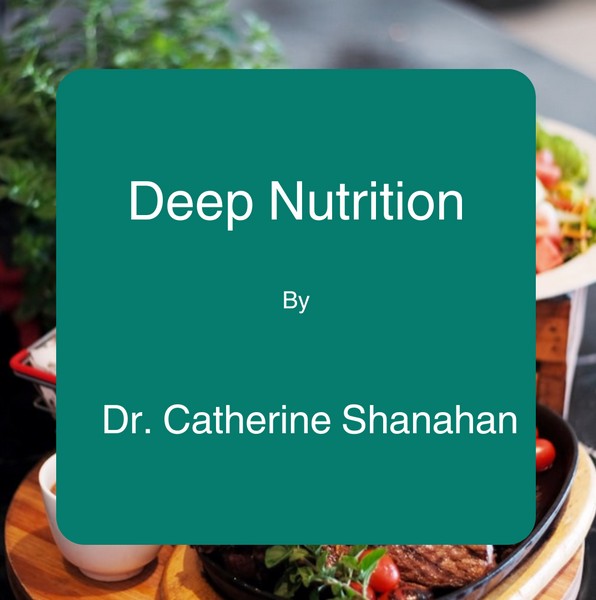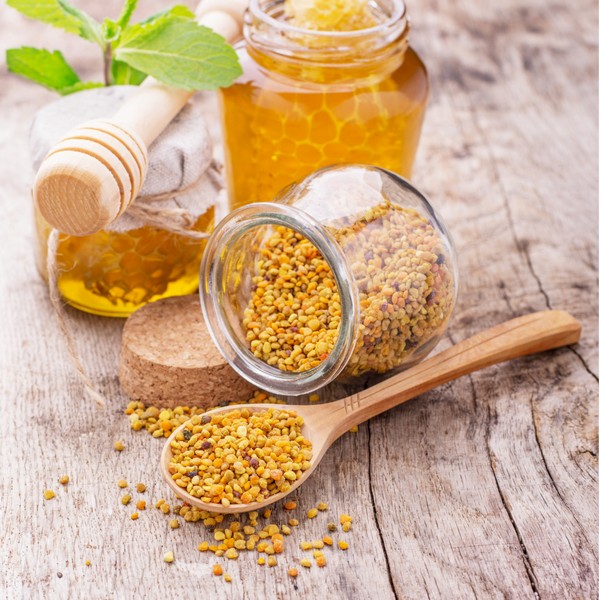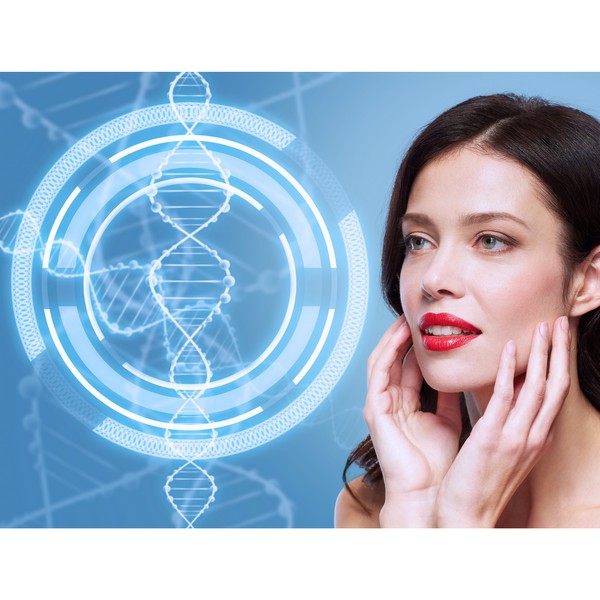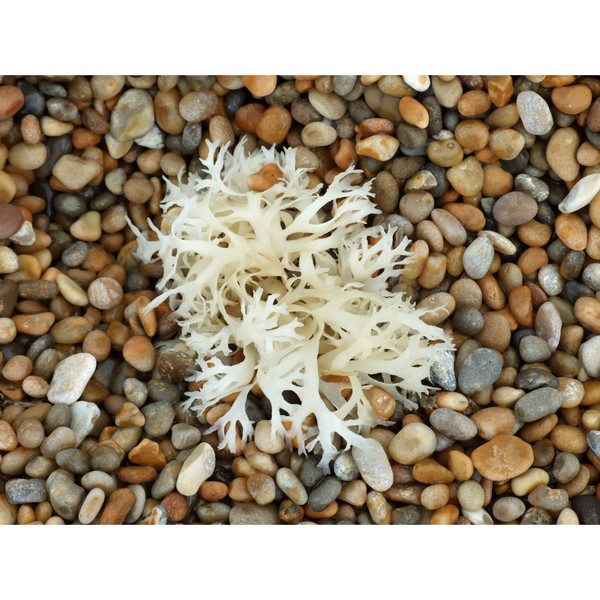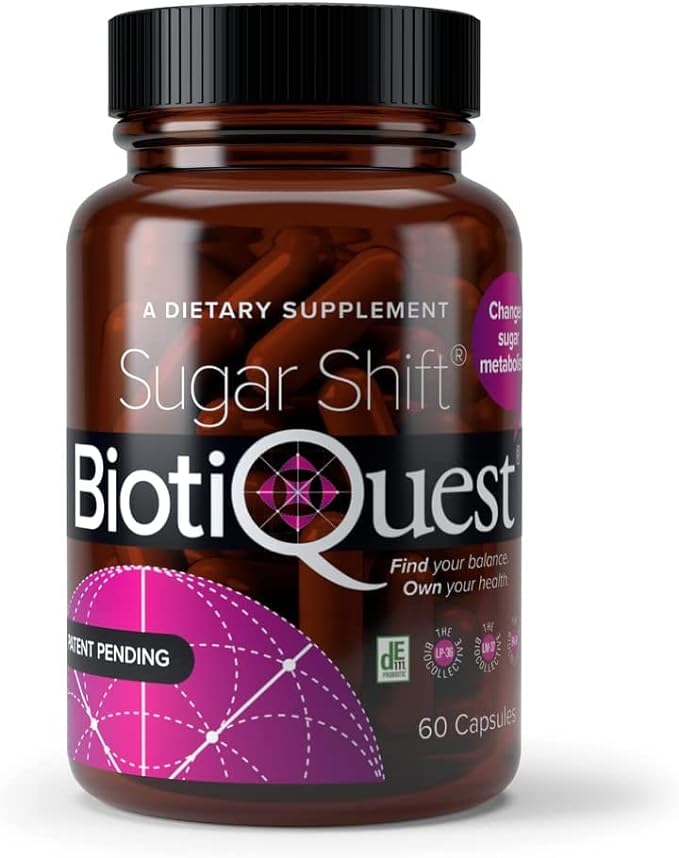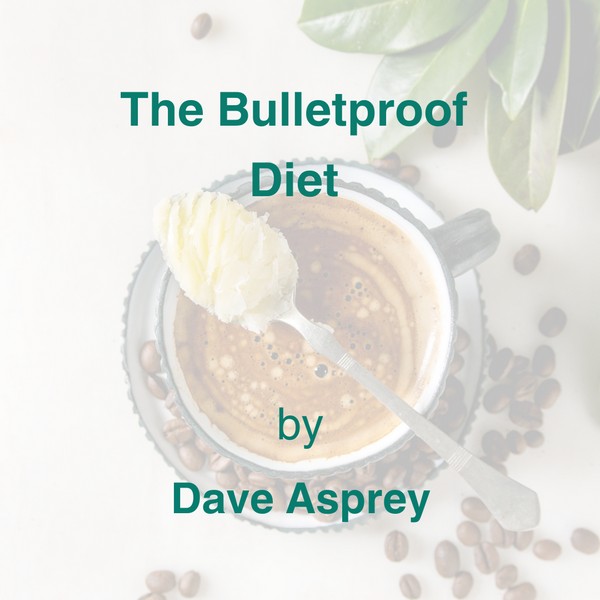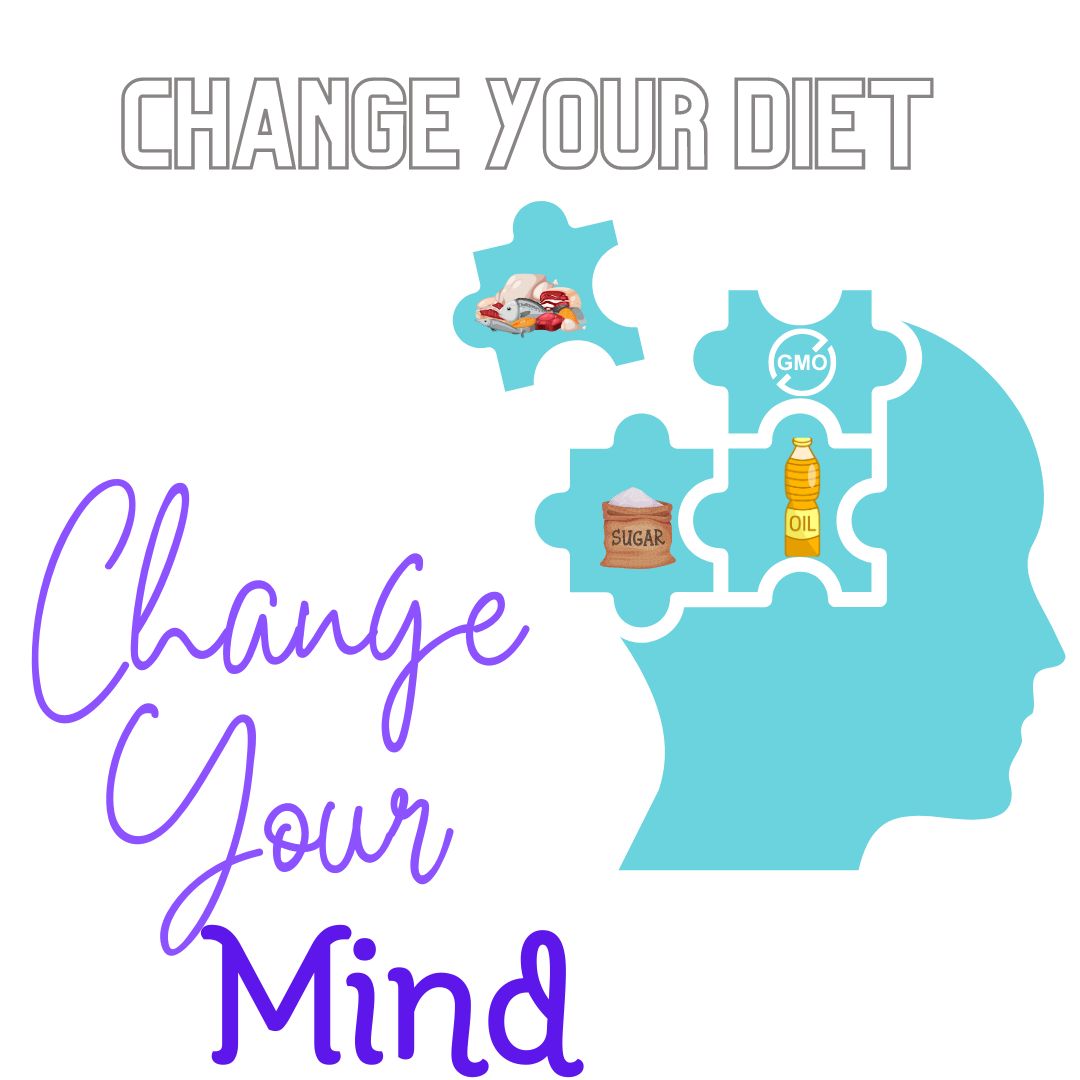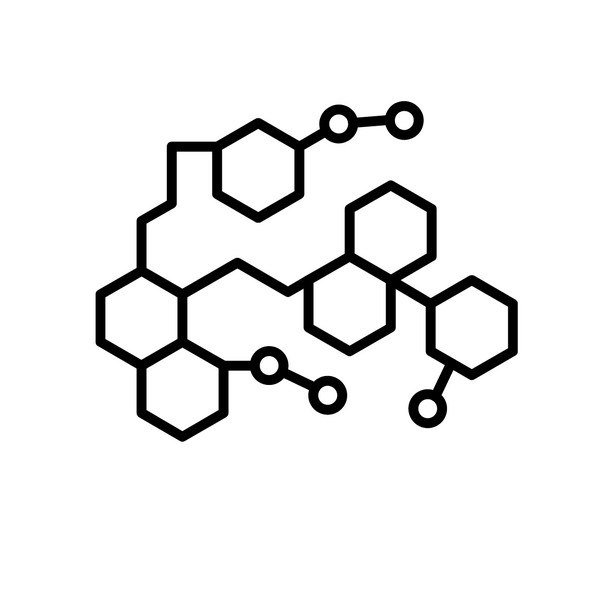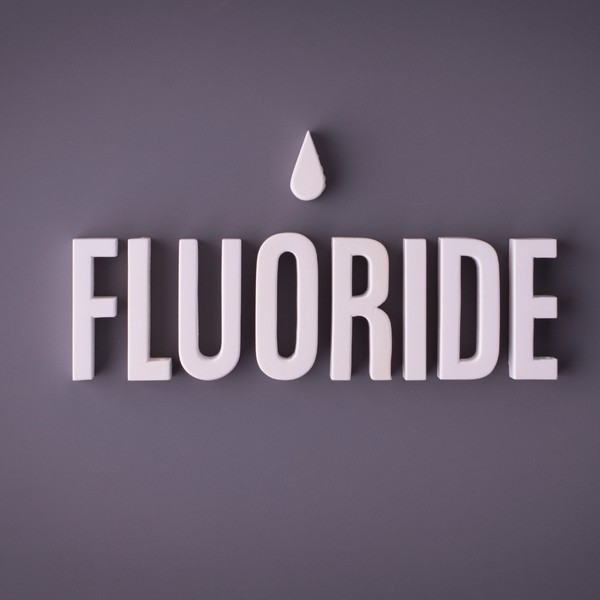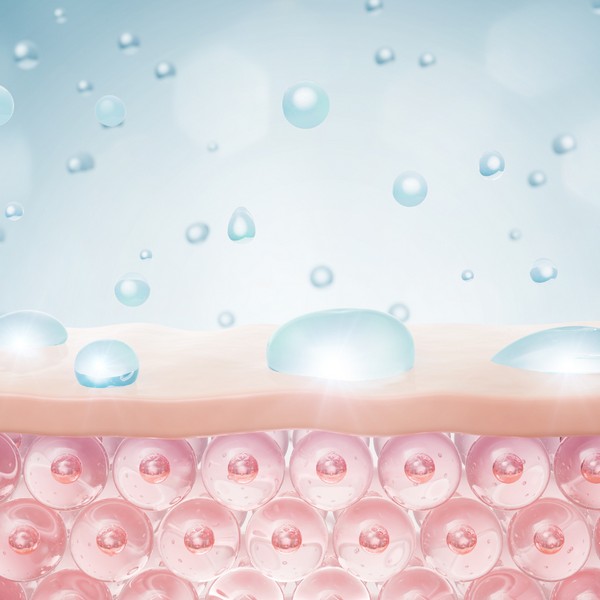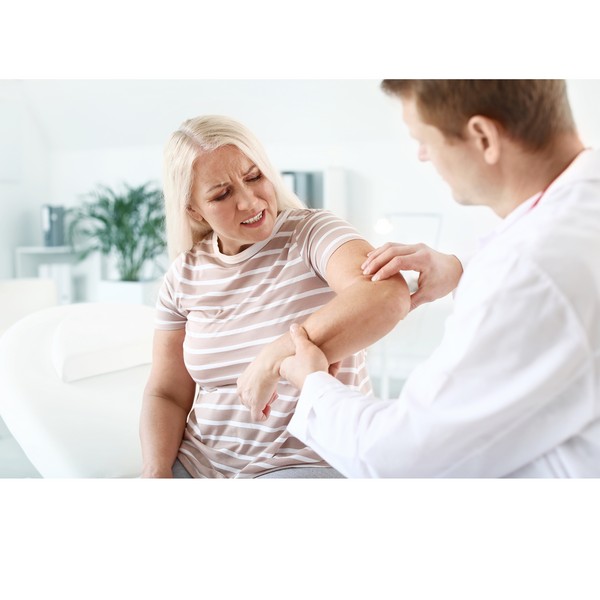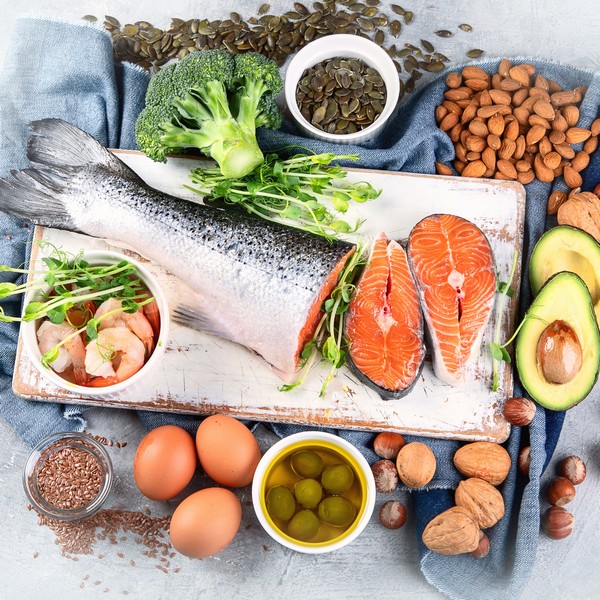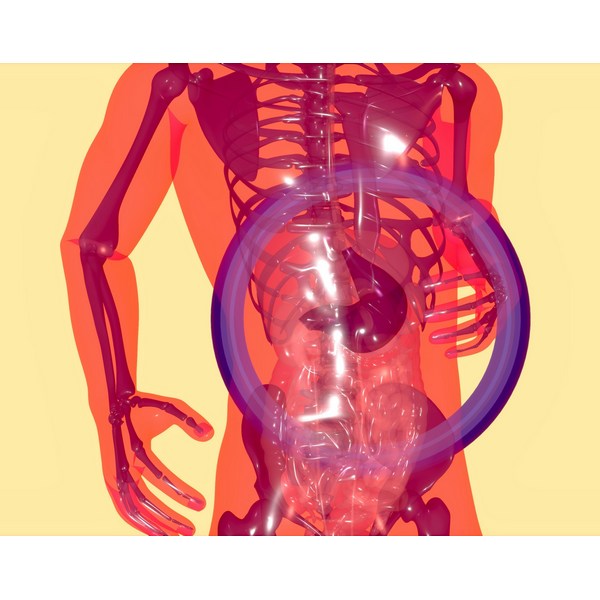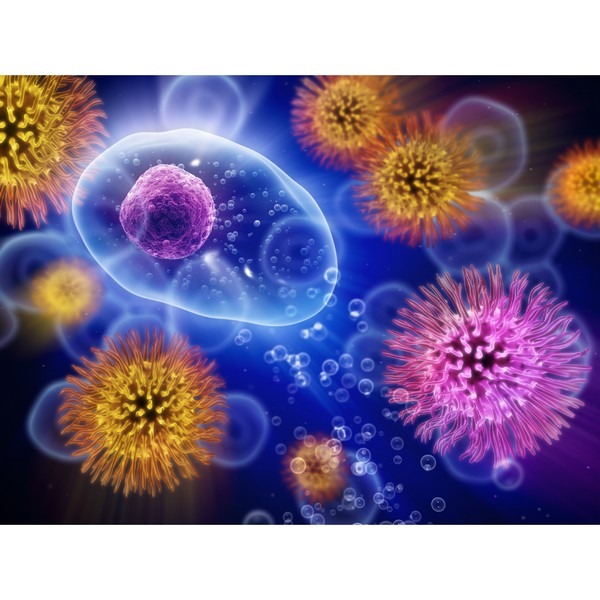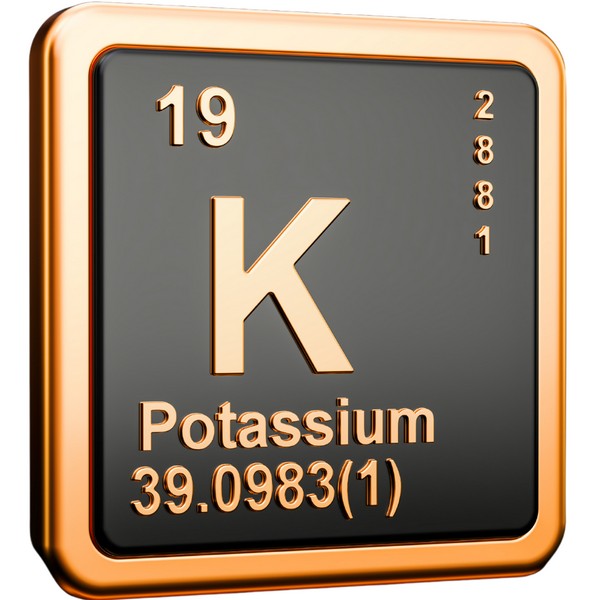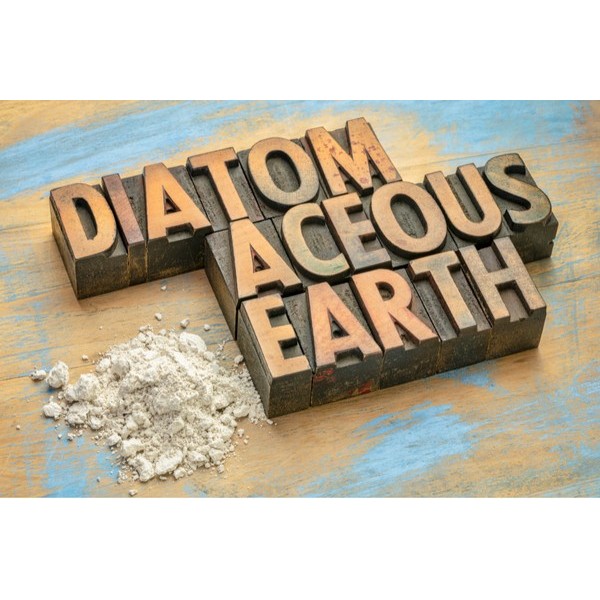Key Highlights
- Pet allergies often cause sneezing, coughing, itchy eyes, and skin rash.
- Pet allergens are in the saliva, urine, and dander of furry animals.
- Manage pet allergies by reducing dander, creating pet-free zones, and considering allergy shots.
- Medical treatments include over-the-counter and prescription medications.
- Natural remedies like dietary changes and regular cleaning can ease pet allergy symptoms.
- HEPA filters, air purifiers, and vacuum cleaners help reduce pet allergens.
Table of Contents
Pet allergies can be a challenging condition to deal with, especially for individuals who love animals but find themselves suffering from allergic reactions when exposed to pet dander.
Pet allergens, which are proteins found in the saliva, urine, and dander of furry animals, can trigger an allergic reaction in susceptible individuals.
Understanding Pet Allergies
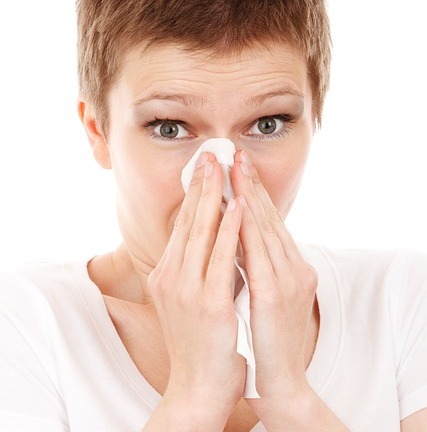
Pet allergies are the result of an allergic reaction that occurs when the immune system responds to proteins found in the saliva, urine, or dander of furry animals.
When individuals with allergies come into contact with these pet allergens, their immune systems produce an exaggerated response, leading to symptoms such as sneezing, coughing, itchy eyes, and skin rash.
Pet allergies are not caused by the hair or fur of animals themselves, but rather the proteins that are present in their saliva, urine, and dander.
Addressing the underlying immune system response, individuals can effectively manage their pet allergies and minimize their symptoms.
What Causes Pet Allergies?
Pet allergies are primarily caused by the proteins found in pet dander, which refers to the dead skin cells that animals shed.
These allergens, can become airborne and trigger an allergic reaction when inhaled or come into contact with the eyes, nose, or skin of sensitive individuals.
Pet allergies can be caused by any furry animal, including cats, dogs, guinea pigs, mice, and birds. The proteins in the saliva and urine of these animals can also serve as allergens.
Common Symptoms of Pet Allergies
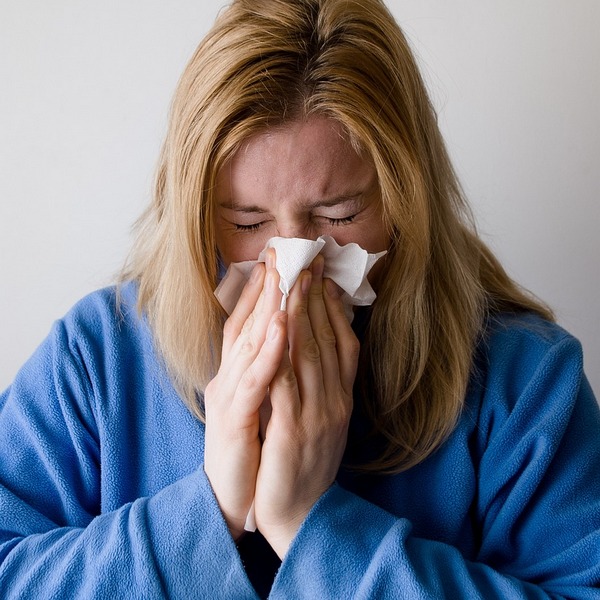
Pet allergies can manifest in a variety of symptoms that affect the respiratory system, eyes, and skin. Common symptoms of pet allergies include sneezing, which is often accompanied by a runny or stuffy nose.
Allergic individuals may experience watery and itchy eyes, which can be particularly bothersome. Some individuals may also develop a skin rash or experience itchiness when in contact with pet allergens.
In severe cases, pet allergies can trigger asthma symptoms, such as wheezing, breathing difficulties, and chest tightness. These symptoms can significantly impact the quality of life for individuals with pet allergies.
Medical Treatments for Pet Allergies

In addition to home strategies, there are various medical treatments available for managing pet allergies. These treatments aim to alleviate symptoms and reduce the severity of allergic reactions.
Common medical treatments for pet allergies include:
- Allergy medications, such as antihistamines, which can help relieve symptoms like sneezing, itching, and runny nose.
- Leukotriene modifiers, such as montelukast, which can reduce inflammation and airway narrowing caused by pet allergies.
- Allergy testing, which can help identify specific allergens and guide personalized treatment plans.
It’s important to consult with a healthcare professional to determine the most appropriate medical treatment for your pet allergies based on your symptoms and individual needs.
Allergy testing can help identify the specific allergens causing your pet allergies, allowing for more targeted treatment options.
Over-the-Counter Solutions
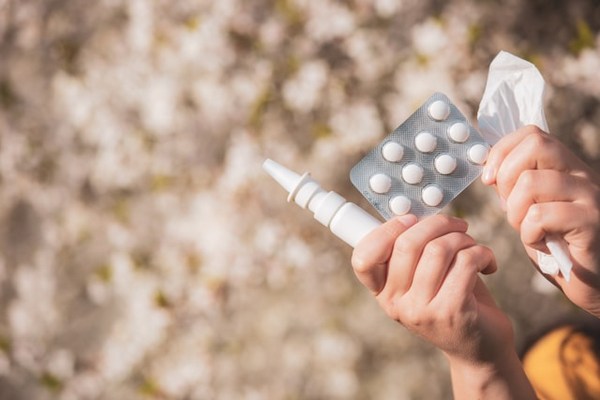
Over-the-counter solutions are readily available for individuals looking to manage their pet allergy symptoms.
- Antihistamine pills: These medications can help relieve symptoms such as sneezing, itching, and runny nose associated with pet allergies.
- Nasal sprays: Over-the-counter antihistamine nasal sprays can provide relief from nasal congestion and other allergy symptoms.
- Eye drops: Allergy eye drops can alleviate itching and redness in the eyes caused by pet allergies.
While over-the-counter solutions can be effective in managing mild to moderate pet allergy symptoms, it’s important to read and follow the instructions carefully.
Some medications may cause drowsiness or other side effects, so it’s crucial to consult with a healthcare professional if you have any concerns or if your symptoms worsen.
When to Consider Prescription Medications

In severe cases of pet allergies or when over-the-counter medications are not providing sufficient relief, prescription medications may be necessary.
- Severe pet allergy symptoms that significantly impact daily life or lead to asthma symptoms.
- Inadequate response to over-the-counter antihistamines or nasal sprays.
- Allergy testing confirms specific pet allergens and identifies the need for targeted treatment.
Allergy shots, also known as allergen immunotherapy, are a long-term treatment option that involves regular injections of small amounts of pet allergens.
Over time, this helps desensitize the immune system and reduce the severity of allergic reactions.
Prescription medications should only be used under the guidance of a healthcare professional who can assess your specific needs and provide personalized treatment recommendations.
Natural Remedies and Lifestyle Changes
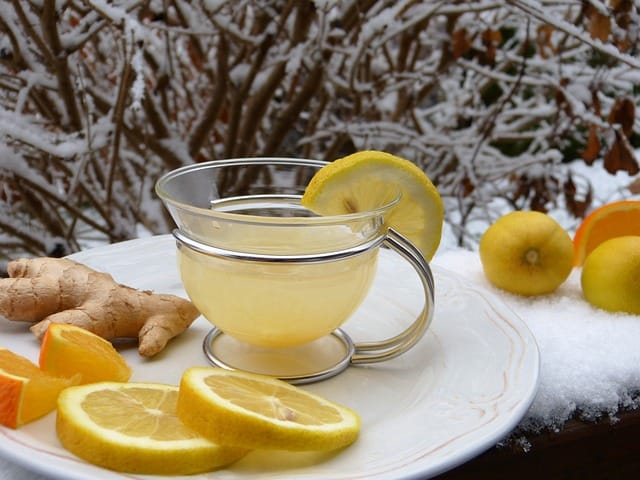
In addition to medical treatments, there are natural remedies and lifestyle changes that can help alleviate pet allergy symptoms.
These strategies focus on reducing exposure to pet allergens and maintaining overall health and well-being.
- Dietary adjustments: Some individuals find that avoiding certain foods or following an anti-inflammatory diet can help reduce allergy symptoms.
- Regular cleaning: Keeping your home clean and dust-free can minimize the presence of pet allergens. Regular vacuuming, dusting, and washing of bedding can help remove allergens from the environment.
- Grooming: Regular bathing and grooming of pets can help reduce the amount of dander and allergens they produce.
These strategies may not be sufficient for severe allergies or in cases where medical intervention is necessary.
Dietary Adjustments for Allergy Relief

While there is no specific diet that can cure pet allergies, some individuals find that making dietary adjustments can help alleviate their allergy symptoms.
- Avoiding common food allergens: Some individuals with pet allergies may also have food allergies. Identifying and avoiding common food allergens can help reduce overall allergy burden.
- Consuming anti-inflammatory foods: Incorporating anti-inflammatory foods into your diet, such as fatty fish and meat, may help reduce inflammation associated with allergies.
- Staying hydrated: Drinking plenty of water can help keep your nasal passages and airways moisturized, potentially easing allergy symptoms.
The Role of Regular Cleaning and Grooming

Regular cleaning and grooming of pets play a crucial role in managing pet allergies. Here’s why:
- Reducing pet hair and dander: Regular brushing and grooming can help remove loose fur and dead skin cells from your pet’s coat, minimizing the amount of allergens they release into the environment.
- Removing allergens from the home: Vacuuming carpets, furniture, and curtains can help remove pet hair and dander that have settled in your home. Cleaning or replacing pet bedding regularly is also important.
- Managing litter boxes: If you have a pet cat, keeping the litter box clean and in a well-ventilated area can help minimize the spread of allergens from cat urine and dander.
Individuals with severe allergies may require assistance from someone who is not allergic to perform these tasks.
Technological Aids for Allergy Sufferers
Technological aids can be valuable tools for allergy sufferers in managing pet allergies. Here are some of the key technological aids to consider:
- HEPA filters: High-efficiency particulate air (HEPA) filters can effectively capture and remove pet allergens from the air, helping to improve indoor air quality.
- Air purifiers: Air purifiers with HEPA filters can further enhance indoor air quality by reducing airborne pet allergens.
- Vacuum cleaners: Vacuum cleaners equipped with HEPA filters can effectively remove pet hair, dander, and other allergens from carpets, rugs, and upholstery.
Air Purifiers and HEPA Filters

Air purifiers equipped with high-efficiency particulate air (HEPA) filters can be effective in improving indoor air quality and reducing airborne pet allergens.
HEPA filters are designed to capture and trap tiny particles, including pet dander and other airborne allergens, ensuring that they are not recirculated into the air.
Using air purifiers with HEPA filters in rooms where pets spend the most time or in areas with high allergen levels, individuals with pet allergies can significantly reduce their exposure to pet allergens.
Choose air purifiers with appropriate room size coverage and regularly replace the HEPA filters to ensure their effectiveness in capturing and removing pet allergens from the air.
The Importance of Vacuum Cleaners with HEPA Filters
Vacuum cleaners equipped with high-efficiency particulate air (HEPA) filters are essential tools for individuals with pet allergies.
These vacuum cleaners are designed to effectively capture and remove pet dander, pet fur, and other common allergens from carpets, rugs, and upholstery.
Using vacuum cleaners with HEPA filters regularly, individuals can significantly reduce the presence of pet allergens in their homes, creating a cleaner and healthier living environment.
Select vacuum cleaners with strong suction power and sealed systems to prevent allergens from being released back into the air.
Regular maintenance and filter replacement are crucial to ensure the continued effectiveness of the vacuum cleaner in removing pet allergens.

Coping Mechanisms and Daily Life Adjustments
Coping with pet allergies involves making daily life adjustments and implementing coping mechanisms to minimize exposure to allergens. Here are some strategies to consider:
- Managing outdoor activities: Minimize exposure to outdoor allergens, such as pollen, by checking local pollen forecasts and planning outdoor activities accordingly. Wearing sunglasses and a hat can also help protect your eyes and face from allergens.
- Clothing and personal items: Change and wash your clothes after spending time with pets to remove allergens. Consider using hypoallergenic laundry detergents and avoiding fabric softeners. Keep personal items, such as pillows and blankets, in allergen-proof covers to minimize allergen transfer.
Managing Outdoor Activities with Pets

Managing outdoor activities with pets can be challenging for individuals with pet allergies. Here are some tips to minimize exposure to outdoor allergens:
- Check local pollen forecasts and plan outdoor activities during times when pollen levels are lower.
- Consider wearing sunglasses and a hat to protect your eyes and face from allergens.
- If you experience difficulty breathing or severe allergy symptoms while outdoors, it may be necessary to limit your exposure to pets during these activities.
If severe symptoms persist, it is important to consult with a healthcare professional for further guidance and treatment options.
Clothing and Personal Items: Minimizing Allergen Transfer
Minimizing allergen transfer is essential for individuals with pet allergies. Here are some tips to minimize allergen transfer through clothing and personal items:
- Change and wash your clothes after spending time with pets to remove allergens.
- Wash your clothes in hot water, as higher temperatures can help eliminate allergens.
- Avoid using fabric softeners, as they can attract and retain pet allergens.
- Keep personal items, such as pillows and blankets, in allergen-proof covers to minimize allergen transfer.
Conclusion
In conclusion, understanding and managing pet allergies require a multi-faceted approach that combines lifestyle adjustments, medical treatments, and technological aids. By reducing pet dander, establishing pet-free zones, and exploring natural remedies, you can alleviate symptoms and create a more allergy-friendly environment. Additionally, considering over-the-counter or prescription medications when necessary can provide relief. Remember, with proper strategies in place, you can still enjoy the companionship of pets while managing your allergies effectively.
Frequently Asked Questions
Can pet allergies suddenly develop later in life?
Yes, it is possible for pet allergies to develop later in life. Allergies can develop at any age, and various factors such as changes in the immune system, genetic predisposition, exposure to allergens, and even moving to a new home can trigger the onset of pet allergies. It’s important to seek medical advice if you suspect you have developed pet allergies to receive an accurate diagnosis and appropriate treatment.
Are there hypoallergenic pets?
While no pet is entirely allergen-free, some breeds of cats and dogs are considered hypoallergenic. These breeds produce fewer allergens, such as dander and saliva, which can trigger allergies in sensitive individuals. However, individual reactions to pets can vary, and it’s important to spend time with a specific animal to determine your tolerance before committing to pet ownership. The Allergy Foundation of America provides resources and information on hypoallergenic pets for individuals with allergies.
How can I manage my allergies and still keep my pet?
Managing pet allergies while keeping your pet involves a combination of strategies, including minimizing exposure to allergens, using allergy medications to alleviate symptoms, and maintaining good hygiene practices for both you and your pet. It’s best to consult with a healthcare professional or allergist to develop a personalized plan that suits your specific needs and ensures the well-being of both you and your pet.
What steps can I take to minimize allergy symptoms before visiting a home with pets?
If you are visiting a home with pets and have pet allergies, there are some steps you can take to minimize allergy symptoms:
- Take allergy medications, such as antihistamine pills or nasal sprays, before entering the home.
- Consider allergy shots or leukotriene modifiers if you have severe allergies.
- Bring your own allergen-proof bedding or pillow covers if you plan to stay overnight.
- Avoid close contact with pets and wash your hands after visiting.
Taking these precautions can help minimize your exposure to pet allergens and reduce the risk of allergy symptoms while visiting homes with pets.

Cholesterol Misconceptions: Separating Fact from Fiction
Key Takeaways: High inflammation and blood pressure are major risk factors for heart disease. Cholesterol is vital for hormone production, cell membrane structure, and digestion,…
Melatonin: Functions and Benefits
Key Takeaways Melatonin helps regulate sleep-wake cycles, signaling the body to rest as it gets dark. It acts as an antioxidant, protecting cells from damage….
This Is Your Brain on Food by Dr. Uma Naidoo
Key Takeaways Links diet to mental health conditions. Provides nutritional advice for anxiety and depression. Discusses gut-brain connection. Offers recipes for mental wellness. Encourages holistic…
The Impact of Ultra-Processed Foods on Your Wellbeing
Every bite we take is a step toward either wellness or illness. In our fast-paced world, ultra-processed foods have become a staple, silently shaping our…
Generations by Jean M. Twenge
Key Takeaways: Jean M. Twenge explores the unique characteristics of six American generations. Analyzes data from 39 million people to show the impact of technology…
Organic Gardening: Essential Tips for a Chemical-Free Garden
Key Highlights Natural Techniques: Use composting, companion planting, and beneficial insects for fertility and pest control. Organic Methods: Grow plants without synthetic fertilizers or pesticides,…
Adrenal Cocktail: Recipe and Benefits
Key Takeaways The adrenal cocktail supports adrenal health and maintains energy levels. Combines potassium, sodium, and vitamin C for effective adrenal nourishment. Consumed in the…
Childbirth Preparation: Steps for a Smooth Delivery
Key Takeaways Having a solid support system can ease the physical and emotional challenges of labor. Proper nutrition and regular exercise prepare your body for…
L-Carnitine: Benefits, Dosage, and Side Effects
Key Takeaways L-Carnitine supports fat metabolism and energy production. Benefits include enhanced exercise performance and improved heart health. Proper dosing minimizes potential side effects. Understanding…
Natural Treatment for Irritable Bowel Syndrome (IBS): Effective Remedies Explored
Understanding IBSSymptoms of IBSRole of Diet in IBSNatural Remedies for IBSSupplements for IBSRole of Probiotics in IBSFrequently Asked Questions Understanding IBS Irritable Bowel Syndrome (IBS)…
Explore the Hidden Health Benefits of Traveling
Key Highlights Traveling reduces stress and improves mental well-being. It enhances creativity by exposing you to new experiences. Traveling improves physical fitness through exploration and…
Copper: Little-Known Health Benefits
Key Takeaways Copper is an essential trace mineral with benefits, including ceruloplasmin production, energy production and antioxidant properties. Copper is critical for brain health by…
Autism: Causes, Symptoms, and Management
Key Takeaways Autism Spectrum Disorder (ASD) is a complex neurodevelopmental condition that varies widely in symptoms and severity. Both genetic and environmental factors contribute to…
Silica: for Healthier Skin, Hair, and Nails
Brain Energy by Dr. Christopher Palmer
Key Takeaways Connects mental health with metabolic health. Proposes ketogenic diet for brain disorders. Discusses energy production’s role in mental health. Challenges traditional psychiatric approaches….
Natural Remedies for Common Ailments: From Headaches to Allergies
Key Takeaways The appeal of natural remedies lies in their holistic approach, fewer side effects, and environmental sustainability. Specific natural remedies can effectively alleviate common…
The Plant Paradox by Dr. Steven Gundry
Key Takeaways Lectins as Toxins: Lectins can cause inflammation and various health issues, Dr. Gundry argues. Gut Health: Maintaining gut health is linked to overall…
Breast Milk or Formula: Which Is Healthier for Your Baby?
Key Highlights Breast milk is ideal for infants, offering essential nutrients, cognitive development support, and immune strengthening. Breastfeeding benefits both baby and mother, reducing the…
Let’s Get Lost by Finn Beales
Key Takeaways Showcases breathtaking remote locations through striking photography. Finn Beales’ narrative style blends personal insights with vivid description. Emphasizes the raw, untouched beauty of…
Eggs: A Comprehensive Guide
Key Highlights Eggs are a nutritional powerhouse, containing all the essential vitamins and minerals needed for overall health. Vital role in a balanced diet, providing…
Actual Superfoods: Real Foods You Should Be Eating
Key Takeaways Superfoods are nutrient-dense foods, offering essential vitamins, minerals, and fats. Prioritize high-quality sources for optimal nutrition. They support overall health, boost energy, and…
Say Goodbye to Depression with Natural Remedies
Key Takeaways Regular exercise, sufficient sleep, and a diet full of bioavailable nutrients support mental health. Spending time in nature, like forest bathing and gardening,…
Zinc Supplements: Risks and Dangers
Key Takeaways Zinc supports immunity, wound healing, and cell growth. High zinc supplement doses can cause health problems. Always consult a healthcare provider before taking…
The Body Keeps the Score by Dr. Bessel van der Kolk
Key Takeaways Explores trauma’s impact on the body and mind. Advocates for integrating neuroscience with therapy. Highlights non-traditional healing methods like yoga. Stresses importance of…
A Hunter-Gatherer’s Guide to the 21st Century by Heather Heying and Bret Weinstein
Key Takeaways Explores human evolution’s impact on modern health and behavior. Introduces “mismatch disease” concept linking past and present issues. Discusses diet, education, technology from…
Travel Hygiene Tips: Stay Fresh on the Go
Key Highlights Key practices include frequent handwashing, showering, and oral care. Packing a portable hygiene kit can help you stay fresh on the go. Advanced…
Xeriscaping 101: Easy Steps for Beginners
Key Takeaways: Xeriscaping focuses on water-efficient landscaping, reducing the need for irrigation. Native and drought-tolerant plants are key components of xeriscaping. Proper soil preparation enhances…
Vegetable Oil: Health Risks You Might Not Know
Key Takeaways: Omega-6 fats from vegetable oils cause oxidative stress and inflammation. Reducing omega-6 intake and using stable fats can lower health risks. High triglycerides…
Allulose: The Best Sugar Alternative
The Carnivore Diet by Dr. Shawn Baker
Key Takeaways Promotes all-meat diet for health. Argues for benefits on inflammation and autoimmune issues. Critiques conventional dietary guidelines. Discusses impacts on physical performance. Challenges…
Uric Acid: Effects & Management
Key Takeaways Uric acid plays a central role in metabolic health and oxidative stress regulation. Elevated uric acid levels are linked to gout, metabolic syndrome,…
The Better Baby Book by Dr. Lana Asprey and Dave Asprey
Key Takeaways Focuses on optimal prenatal and early childhood health. Offers dietary recommendations for expecting mothers. Discusses environmental impacts on fetal development. Stresses importance of…
Atherosclerosis Prevention Strategies: Insights from Scientific Research
Key Takeaways Atherosclerosis is the hardening and narrowing of arteries caused by plaque buildup. Chronic inflammation and oxidative stress contribute to the development of plaque….
9 Best Cutting Supplements for a Shredded Physique
Key Highlights Pay attention to ingredients and their benefits, as well as select high-quality supplements through extensive research. Whey Protein Isolate, Essential Amino Acids, and…
How Stabilized Rice Bran Supports Digestive & Heart Health
Key Takeaways – Stabilized rice bran is a nutrient-rich source of vitamins, minerals, and antioxidants. – The stabilization process prevents rancidity, making it a long-lasting…
Allergy-Friendly Pets
Key Highlights Hypoallergenic pets are great for people with pet allergies, as they produce fewer allergens like dander, saliva, and proteins that can trigger symptoms….
Bromate: Its Impact on Your Thyroid & Nervous System
Key Takeaways Bromate is a toxic byproduct from water disinfection, impacting thyroid and nervous system health. It interferes with iodine, leading to thyroid dysfunction and…
Protein: You probably need more
Key Takeaways Protein is needed for building and repairing body tissues. It supports muscle growth, immune function, and hormone production. Bioavailable sources of protein include…
Quit Sugar for 14 Days: What Happens to Your Body?
Key Takeaways: Immediate Health Benefits of Reducing Sugar: In just two weeks, enjoy enhanced energy levels, weight loss, a reduced risk of chronic diseases, and…
Real Food for Pregnancy by Lily Nichols
Key Takeaways Evidence-Based Guidance: Challenges outdated prenatal nutrition with researched alternatives. Nutrient-Dense Foods: Stresses eating foods high in essential micronutrients for fetal development. Practical Meal…
Histamine: What You Should Know
Key Takeaways Histamine’s Role: Vital in immune responses, digestion, and as a neurotransmitter in the central nervous system. Histamine Production: Produced in mast cells and…
Superoxide Dismutase: Your Body’s Antioxidant Defender
Key Takeaways SOD protects against oxidative stress by neutralizing free radicals. Copper is necessary for SOD to function. Low SOD activity can lead to aging,…
Parkinson’s Disease : Symptoms, Causes & Treatment
Key Takeaways Parkinson’s disease is a progressive neurological disorder that affects movement and coordination. Oxidative stress and excess iron are significant factors in the progression…
Increase GLP-1 Agonists Naturally
Key Takeaways: GLP-1 agonists regulate appetite, insulin production, and blood sugar levels. Regular exercise and quality sleep maintain optimal GLP-1 levels. High-protein, low-carb diets effectively…
Sustainable Beauty: Redefining Skincare with Eco-Friendly Practices
Key Highlights Sustainable beauty focuses on products that are good for the planet and consumer health Ingredients, manufacturing practices, packaging, and cruelty-free practices all contribute…
Alzheimer’s Disease: Symptoms, Causes, Treatment
Key Takeaways Alzheimer’s disease is a progressive neurodegenerative disorder affecting memory, thinking, and behavior. Oxidative stress, including from excess iron, plays a significant role in…
How to Lower Triglycerides Fast: Natural Solutions
Key Highlights Triglycerides, a type of fat found in the blood, are essential indicators of metabolic health. Elevated triglyceride levels increase the risk of heart…
Elimination Diets: Find the Foods Behind Your Symptoms
Key Takeaways Elimination diets identify food intolerances by removing and reintroducing specific foods. Divided into two phases: elimination and reintroduction. Items like gluten, soy, and…
How Cod Liver Oil Can Transform Your Health and Wellness
Cod liver oil has been used for centuries as a natural remedy for various health conditions. Packed with essential nutrients and fatty acids, cod liver…
Emotional Freedom Technique (EFT): Tap to relieve stress
Key Highlights Learn about the origins and principles of Emotional Freedom Technique (EFT) for stress relief. Understand the science-backed mechanisms of how EFT works on…
Chronic Kidney Disease (CKD): Causes & Treatment
Key Takeaways Ultra-processed foods and high carbohydrate intake worsen inflammation, harming kidney function. Iron overload leads to oxidative stress, which accelerates CKD progression. Copper is…
Why Sunlight is Essential for a Healthy Life
Key Takeaways Sunlight helps the body produce vitamin D, supporting bone health and immune function. Exposure to sunlight can improve mood and reduce symptoms of…
Do Artificial Sweeteners Cause Weight Gain? The Surprising Truth
Key Takeaways – Artificial sweeteners may disrupt gut microbiome balance, impacting digestion and immune health. – These sweeteners can interfere with natural metabolism, leading to…
Fight, Flight, Freeze, Fawn: Stress Response Examined
Key Takeaways The stress response includes four primary reactions, each serving as a survival mechanism. The fight response involves confronting the threat, often with aggression…
Minimalist Travel: Less Baggage, More Memories
Key Takeaways Learn to pack only essential items for any trip, keeping your luggage light. Enjoy the benefits of minimalist travel: less stress, more freedom,…
Managing Menopause Symptoms – A Guide to Navigate this Life Stage
Exercise RoutineManaging Stress Improving Sleep HabitsSeeking Emotional Support:Adjusting Your DietConsidering Alternative TherapiesFrequently Asked Questions Menopause is a natural stage in a woman’s life marking the…
Inflammation: Causes & Effects
Key Takeaways Inflammation is the body’s response to injury or infection, but chronic inflammation can lead to health problems. Iron overload from artificial sources and…
Dialysis: Benefits & Challenges
Key Takeaways Dialysis removes waste and excess fluid from the blood when kidneys cannot function. Two main types: hemodialysis (machine-based) and peritoneal dialysis (abdomen-based). Dialysis…
6 Best Natural Ways to Manage Your Blood Sugar: A Quick & Easy Guide
1. Intermittent fasting2. Exercise3. Dietary fiber4. Sleep5. Weight loss6. SupplementationBioclinic NaturalsPGX BiotiquestSugar Shift Every time you eat it, it’s plotting something sinister. Sugar isn’t as…
Deep Nutrition by Catherine Shanahan, M.D.
Key Takeaways Traditional diets positively influence genetic expression and overall health. Modern diets high in processed foods and vegetable oils negatively impact health. The Four…
Dementia: Causes, Symptoms, and Management
Key Takeaways: Dementia involves a decline in cognitive function affecting memory, thinking, and daily life. Common causes include genetic factors, aging, and certain medical conditions….
8 Key Signs of Nutrient Deficiency
Key Takeaways Magnesium: A multitasker that aids in over 300 biochemical reactions in the body. Copper: Supports neurological function, cardiovascular and immune system health, iron…
Bee Pollen: Nature’s Secret Superfood
Key Takeaways Bee pollen is packed with essential nutrients and offers numerous health benefits. It supports immune function, boosts energy, and promotes overall well-being. Adding…
Postpartum Recovery: What Happens After Childbirth
Key Takeaways Postpartum recovery can take weeks or months depending on the type of birth. Physical recovery includes managing pain, bleeding, and any tearing or…
Never Feed These Foods to Your Dog
Key Highlights Some common foods that are toxic to dogs include chocolate, xylitol-containing products, onions and garlic, grapes and raisins, alcohol and yeast dough, avocado,…
DNA & Longevity: Can You Live to 200?
Key Takeaways: Longevity is shaped by a mix of genetics and lifestyle. Certain genes are linked to longer lifespans. Lifestyle choices can influence how long…
Iron Overload: Symptoms & Prevention Tips
Key Takeaways: Iron overload happens when the body absorbs excessive iron, which can damage organs. Common symptoms include fatigue, joint pain, and skin changes. Early…
Benefits of Sea Moss Explained
Key Takeaways Rich in Nutrients: Sea moss is packed with essential vitamins, minerals, and antioxidants, supporting overall health and wellness. Supports Immune Function: Its high…
Sugar Shift: Transform Your Gut Health
Hydration to Hyaluronic Acid: Journey to Dewy Skin
Key Highlights Proper hydration is essential for achieving radiant and healthy skin. Hyaluronic acid is a powerful humectant that helps retain moisture in the skin….
Daring Greatly by Brené Brown
Key Takeaways Power of Vulnerability: Emphasizes that vulnerability is not a weakness but a strength that fosters connection and creativity. Shame Resilience: Offers strategies to…
The Bulletproof Diet by Dave Asprey
The Bulletproof Diet is a nutrition and lifestyle book authored by Dave Asprey, the founder of the Bulletproof brand. This book outlines Asprey’s approach to…
Pollinator Friendly Gardens: Attract Butterflies & Bees
Key Takeaways Pollinators like butterflies and bees are essential for healthy gardens and ecosystems. A pollinator-friendly garden includes a variety of native plants that provide…
Conjugated Linoleic Acid (CLA): Benefits & Sources
Key Takeaways CLA is a type of fatty acid found primarily in animal products like beef and dairy. Known for potential benefits such as weight…
Born a Crime by Trevor Noah
Key Takeaways Trevor Noah’s biracial identity in apartheid South Africa was illegal, making his existence a crime. The book highlights the significant influence of Noah’s…
Taurine: The Mighty Amino Acid for Optimal Health
Key Takeaways Taurine supports heart health, regulates blood pressure, and reduces oxidative stress. Essential for muscle function, brain health, and cognitive function. Aids in insulin…
Change Your Diet, Change Your Mind by Dr. Georgia Ede
In the compelling book Change Your Diet, Change Your Mind, Dr. Georgia Ede challenges conventional wisdom about diet and mental health. Drawing on her extensive…
High Homocysteine: How to Manage Levels
Key Takeaways: Elevated homocysteine can raise the risk of heart disease and other health problems. Animal-based foods high in B vitamins help reduce homocysteine levels….
Liver: 5 Surprising Benefits Backed by Science
Hold on! Don’t run away! You need to read this. Liver is a highly nutritious organ meat that is often overlooked in modern diets. Packed…
Red Palm Oil: Unveiling The Potent Health Benefits
Struggling to find the right oil for your health and kitchen? Red palm oil is packed with nutrients that might just be what you need….
Fluoride: Risks & Controversies
Key Takeaways Fluoride is widely used in dental products and water supplies, but its safety is debated. Overexposure to fluoride can lead to conditions like…
How Collagen Supports Healthy Skin, Joints, and More
Key Takeaways Collagen is the most abundant protein in the body, supporting the structure of skin, bones, and connective tissues. It helps maintain skin elasticity,…
Osteoarthritis Symptoms & Home Remedies
Key Takeaways Lifestyle adjustments and alternative therapies contribute to overall symptom management. Low-impact exercises and physical activity help maintain mobility and reduce pain. Heat and…
ALA vs. DHA & EPA Omega-3: Why Source Matters
Key Takeaways ALA (Alpha-Linolenic Acid) is found in flaxseeds, chia seeds, and walnuts, but converts poorly to DHA and EPA. DHA and EPA are critical…
Anxiety: Causes, Symptoms, and Management
Key Takeaways: Anxiety can disrupt daily life when it becomes overwhelming. Common symptoms include restlessness, rapid heartbeat, and difficulty concentrating. Causes include stress, genetics, and…
Essential Foods for Skin Health
Key Highlights Tips for adding healthy fats into your diet and simple meal planning for skin health. Address common concerns about dairy and acne, and…
TUDCA Benefits for Health
Key Takeaways TUDCA promotes liver health, aiding cell protection and repair. Enhances digestion by improving bile flow and supporting gut health. May protect brain health…
Oxidative Stress: Causes, Effects, Solutions
Key Takeaways Oxidative stress results from an imbalance between free radicals and antioxidants in the body, leading to cellular damage. Chronic oxidative stress contributes to…
Potassium: Benefits & Sources
Key Takeaways Potassium is essential for regulating fluid balance, nerve signals, and muscle function. It supports heart health and helps maintain proper blood pressure. Adequate…
5-HTP: Natural Ways to Boost Serotonin and Improve Mood
Key Takeaways: 5-HTP is a natural compound that helps boost serotonin levels in the brain. It can support mood regulation, sleep improvement, and stress reduction….
7 Healthy Habits to Maintain While Traveling
Key Highlights Stay hydrated, eat well, and stay active during travel. Ensure restful sleep, practice stress reduction, and keep up with personal hygiene for well-being….
10 Must-Try Dry Skin Remedies
Key Highlights Aloe vera gel, coconut oil, oatmeal baths can moisturize and nourish dry skin. Olive oil, almond oil, and shea butter are excellent options…
Natural Childbirth: Pain Management & Breathing
Key Takeaways Natural childbirth focuses on managing labor without medical interventions. Breathing techniques help alleviate pain and keep the body relaxed. Movement, positioning, and hydrotherapy…
The EWG Dirty Dozen: What You Need to Know
Key Takeaways The Dirty Dozen list highlights fruits and vegetables with the highest levels of pesticide residues. In 2024, strawberries, spinach, and kale top the…
Metabolic Syndrome: Managing This Health Risk
Key Takeaways Metabolic syndrome is a cluster of conditions increasing the risk of heart disease, stroke, and diabetes. Symptoms include high blood pressure, high blood…
Healthy Fat: is Butter Better?
Key Takeaways Saturated fats, like those found in butter, may not be as harmful as once thought and can be part of a healthy diet….
Tallow: Benefits, Uses, and Nutrition
Key Takeaways: Tallow is a nutrient-rich animal fat with many practical uses. It contains valuable vitamins such as A, D, E, and K. Tallow is…
Paws and Reflect: The Healing Power of Pet Companionship
Key Highlights Pet companionship improves mental health by offering emotional support and unconditional love. Caring for a pet promotes physical health through regular exercise and…
Diatomaceous Earth: Natural Uses & Benefits
Key Takeaways – Diatomaceous earth is a natural powder made from fossilized algae called diatoms. – It helps cleanse the body of toxins and heavy…


